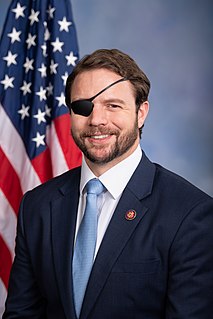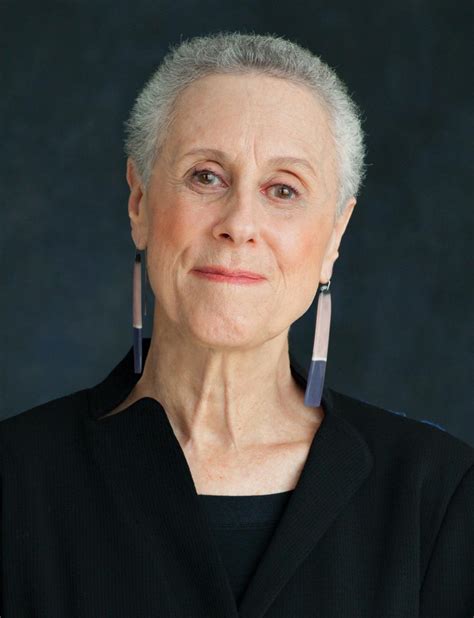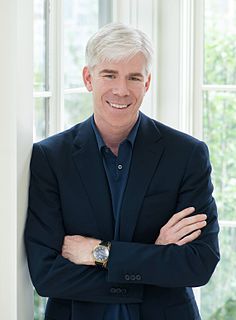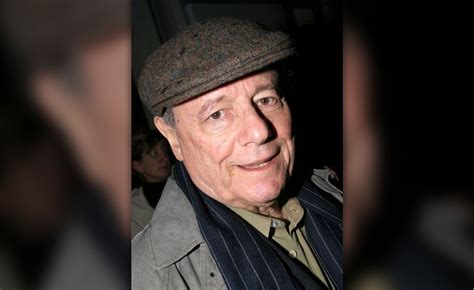A Quote by Sinead O'Connor
Unfortunately in my case, because of what I do for living, here in Ireland is very hard for me to find a doctor who can just deal with me as a person, that can get beyond Sinead O'Connor. I had to go to England to find a psychiatrist for my case.
Related Quotes
The evening was very professionally organized, and most of the people were exceptionally polite, although it did make me a little nervous when one church official told me after the debate when a big crowd of people surrounded me that he had assigned me a body guard "just in case." Just in case what? I thought Christians were suppose to be exceptionally tolerant. Well, in any case, I guess I was grateful for the gesture, "just in case."
I just remember not having access to films as a young person who loved films but living in Compton. In order to see the film, I had to get on the bus and travel quite a ways to get to an arthouse theater - none of which you're gonna find in black and brown communities - to see anything that was outside of what the studios fed me, and that's not the case anymore.
Especially when I first came up here to New York, everybody wanted to hook me up with this guy who's Prince's sound engineer. Almost everybody wanted me to hook up with him and go to L.A. and do all that just because that's the route Prince took. And for a while I was listening to all of that. "Yeah, if it's good enough for Prince, it should be good enough for me." But I mean, that's not the case, really. Prince is a different person than I am. You just got to find the right person for you, whoever you click with.
I wanted to tell the story of these women and the war in the Congo and I couldn't find anything about them in the newspapers or in the library, so I felt I had to get on a plane and go to Africa and find the story myself. I felt there was a complete absence in the media of their narrative. It's very different now, but when I went in 2004 that was definitely the case.
[Ginsburg's] feminism was very sweeping and very ambitious and very consistent. Justice O'Connor had a more case-by-case, pragmatic approach to her feminism. They were not entirely the same, [but] I think that they shared the most important thing, which is the belief that they were worthy and that therefore other women were worthy.
I wouldn't be in a huge hurry to go back to Kansas. It was just bizarre. There's a lot of very, very heavy set people who believe in whatever they were told, because they didn't seem to get out very much or be interested in leaving where they were. They just didn't seem that curious, and I find that a little hard to deal with.
When I first found out I had HIV, I had to find somebody who was living with it, who could help me understand my journey and what I was going to have to deal with day-to-day. I found out that a person named Elizabeth Frazier was living with AIDS at the time, and so I called her up, and she took a meeting with me.
I find myself very drawn to the experience of church. I love to be in a surrounding that's so welcoming. People come shake your hand. That's not always the case in most synagogues I've been in. I also find more of an emphasis on how to live and grow as a person. And I have to say, I'm very inspired by Jesus.




































